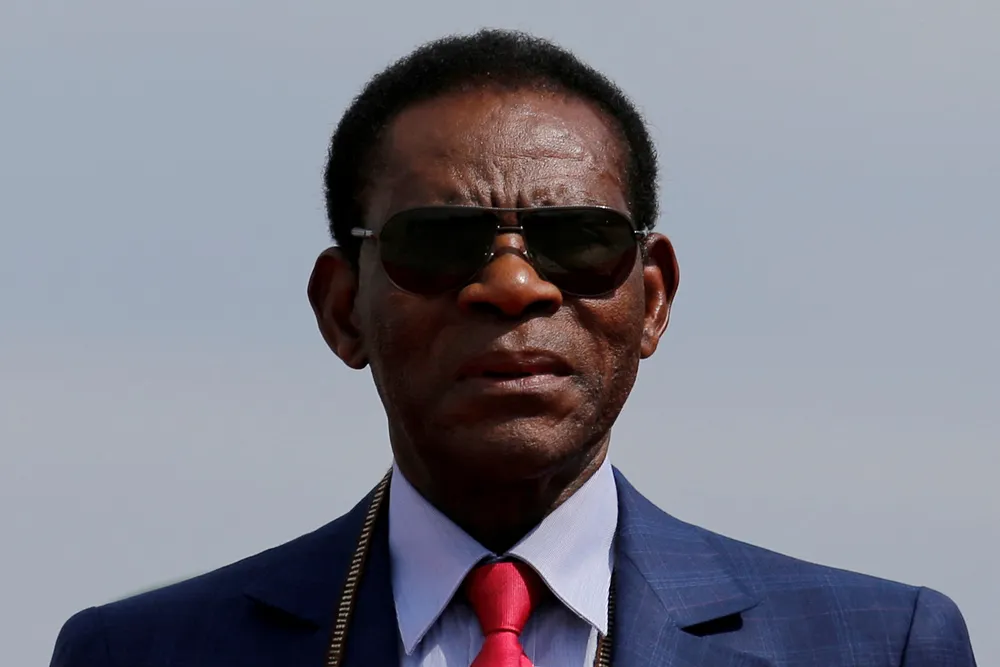Election: Equatorial Guinea president eyes 50 years of authoritarian rule - US uneasy
Teodoro Obiang Nguema again wins more than 90% of vote, despite pre-poll concerns of US

Teodoro Obiang Nguema again wins more than 90% of vote, despite pre-poll concerns of US
